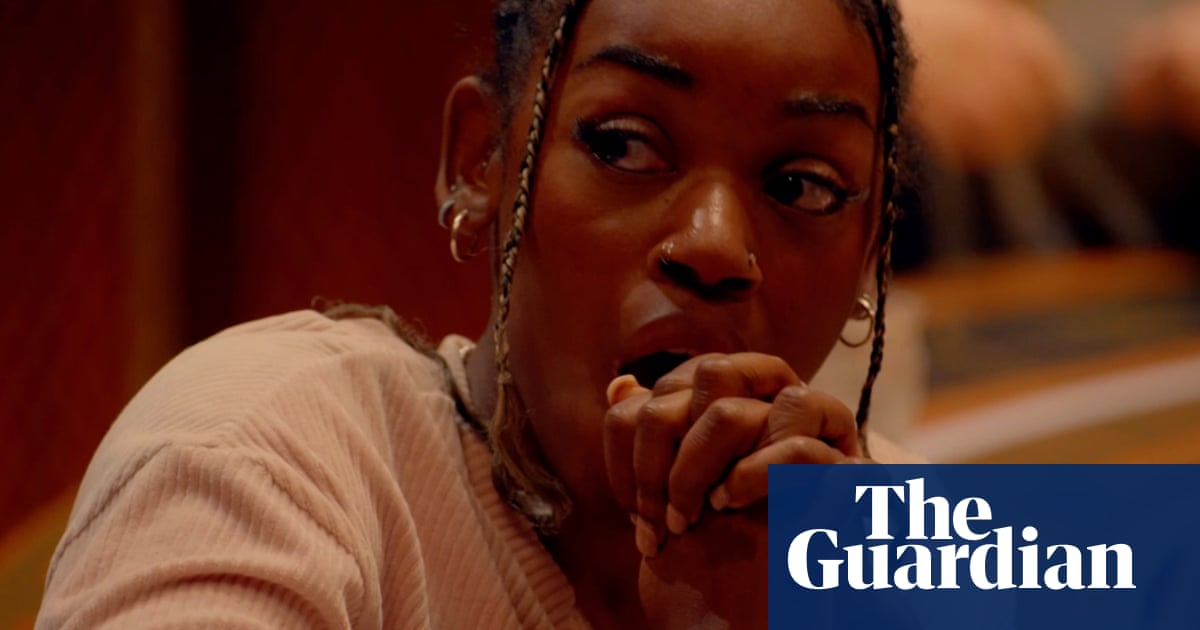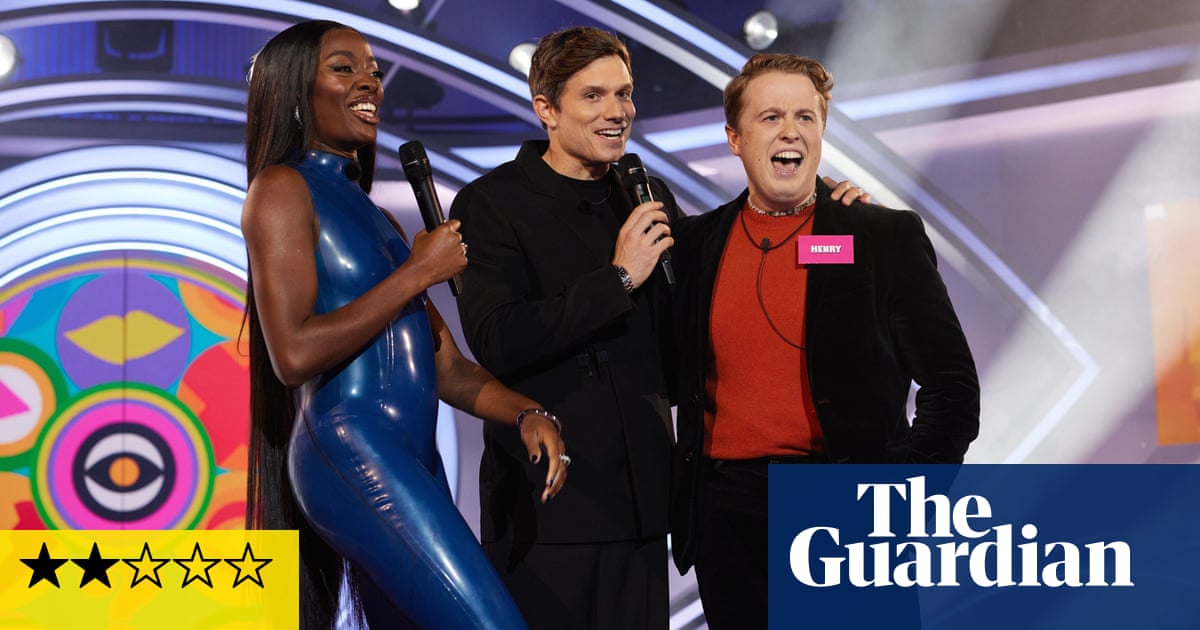
eality TV may be one of the few winners during the coronavirus pandemic. MasterChef reached record viewing figures of 7.9 million at the end of last month, while Britain’s Got Talent had its best series launch since 2017 with 8.2 million viewers. Last year, the show’s figures slumped to an all-time low.
At first, reality TV served as a means of escapism: a throwback to the good old days, when seeing singletons swap spit on an island turned your stomach for reasons unrelated to anxiety about the R-rate. Now, however, we are all cooped up indoors, just like the contestants, and reality TV can be enjoyed through a different lens.
Many have noted a newfound understanding for what once seemed like disproportionate aggression from Pooja, the meme-worthy contestant on Bigg Boss (the Indian version of the Celebrity Big Brother). The daily tearful breakdowns of Big Brother UK’s season seven contestant Nikki Grahame seem slightly less unreasonable. Although the forced celibacy of Too Hot To Handle at first felt too close to home, some viewers revelled in seeing their current reality reflected on screen. Others have opted to rewatch the Netflix hit Love is Blind with this fresh perspective, courtesy of our very own “pods”. Most days we are just one draining Zoom call away from a full-on Megan McKenna Celebrity Big Brother style meltdown, in the makeshift diary room of Instagram stories.
While other TV genres are acclimatising at a snail’s pace, reality television has already begun to adapt to the new normal. What could serve as better fodder for drama than a global pandemic? The 90 Day Fiance franchise has capitalised by launching a quarantine special mini-series, following the lives of the show’s many dysfunctional couples, whose communication issues have been compounded by lockdown. ITV’s Gemma Collins: Diva Forever show was restyled as Diva on Lockdown, which is already rivalling her equally dramatic stint on Celebrity Big Brother. There have even been whisperings of a quarantine edition of The Bachelor as regular filming of the series remains on hold.
These attempts have not all been a success. The follow-up to the Tiger King documentary, made on FaceTime, fell flat, as did the Too Hot To Handle reunion, which was similarly done via video interview. Although it hasn’t yet aired, the finale to the beleaguered series 12 of Drag Race will go ahead with a lip sync competition recorded over Zoom – a move that has been met with near universal disappointment.
But in the same way that physical distance emboldens online trolls, many cast members of these shows have taken advantage of the fact that the showdowns are no longer face-to-face to let rip. The Real Housewives of Atlanta’s socially distanced reunion was the show’s most explosive episode yet and the 90 Day Fiance’s tell-all looks set to be equally sparky: uncut footage of the episode has already been leaked and gone viral.
It is rare for even the biggest of world events to intervene in reality TV like this. Earlier this year, when Love Island presenter Caroline Flack died, viewers rightly questioned the ethics of ITV’s decision not to inform the cast and its choice to continue filming as if nothing had happened. When the 9/11 attacks took place, the finalists of Big Brother 2 were informed, primarily because one of the contestant’s cousins was listed as missing in the World Trade Center collapse. But, for better or worse, producers have chosen to weave Covid-19 into programmes.
The German, Swedish, Canadian and Brazilian versions of Big Brother had all begun before the pandemic and housemates were informed of it live on television. After doing so, interest in the series in Brazil skyrocketed: the season was extended by four days due to its popularity and a record-breaking 1.5bn votes were cast on the 10th eviction night at the end of March (viewers are allowed to vote multiple times). The episode had a viewing share of 55% in Rio de Janeiro and 51% in São Paulo. That’s not surprising; although Towie is something I watch out of habit, as opposed to any great interest, I would kill to see what Chloe Sims is getting up to in a quarantine-themed series of the show.
So much of reality TV requires a suspension of reality; these programmes exist in an alternate timeline where the day’s biggest issues are usually who got off with whom the night before. Era-defining events such as the election of Donald Trump or the Brexit referendum are barely referenced, in order to maintain an hour or so of fantasy. But there has been strange comfort in seeing how cast members are grappling with lockdown in these various parallel universes. In most cases, it turns out that reality stars are just like us – mindlessly ordering crap in bulk from Amazon to cope with the apocalypse and arguing with whoever they can get within shouting distance of.












